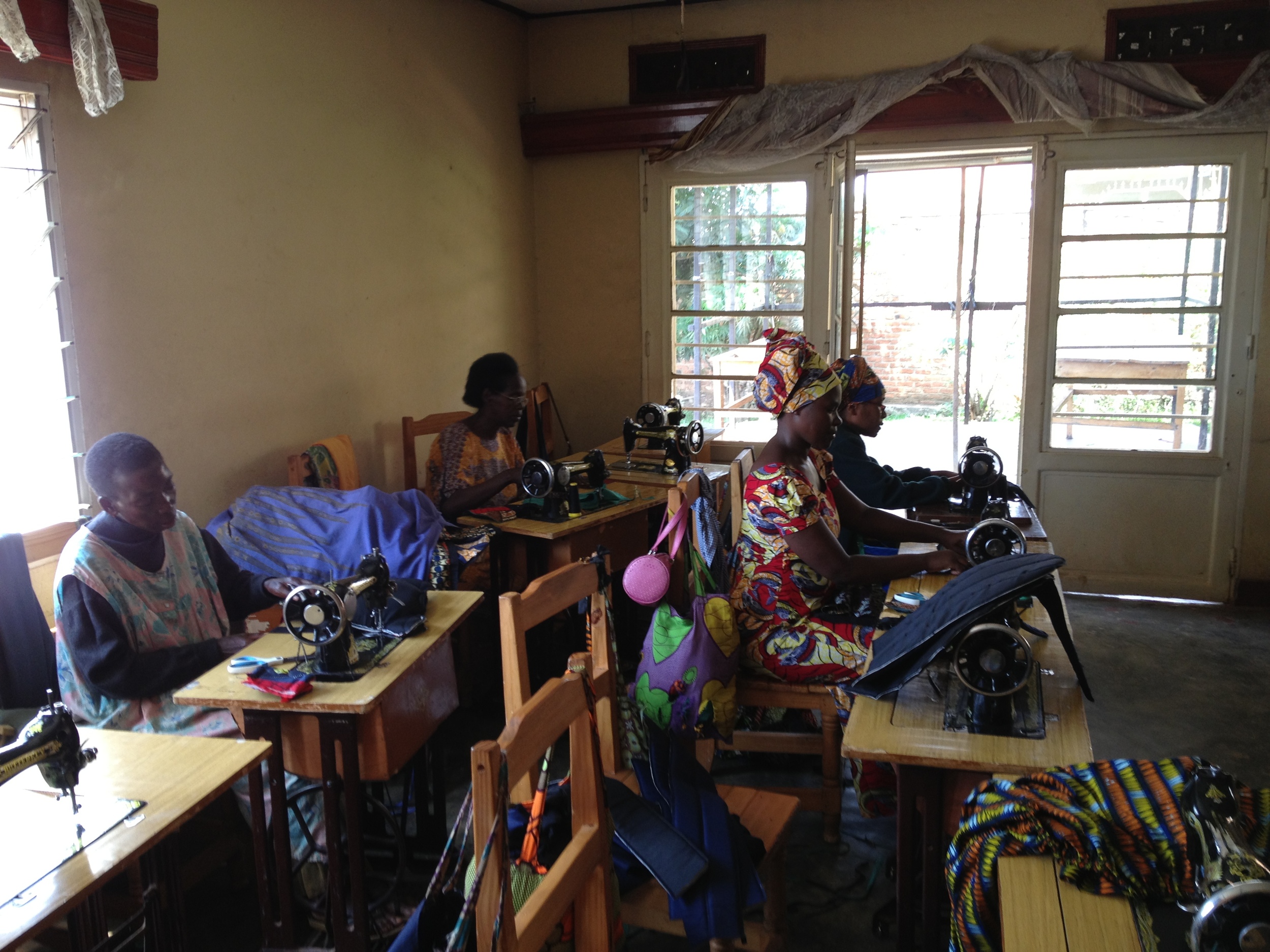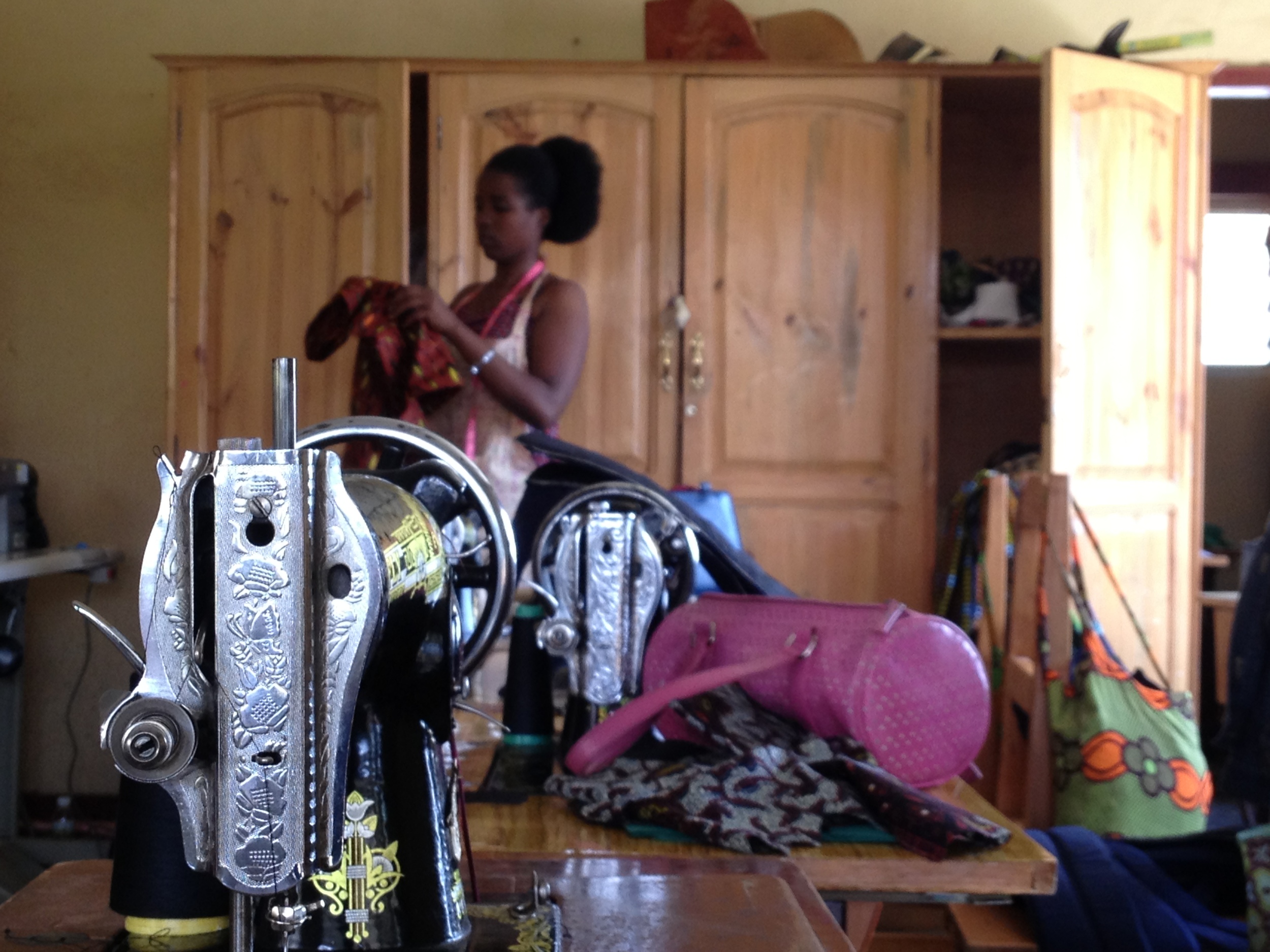Can Anyone Really Make a Difference?
That there is a school in the hills of Kigali where children ran for shelter and were hacked to death by machete in a genocide that killed over a million people barely more than 20 years ago.
That there is a generation of women who were systematically raped and deliberately left to live with HIV.
That these women survived and bore a new generation, also infected by HIV and yet thanks to the determination of a people to move on, Rwanda has not only survived, but thrived.
Ten years ago a doctor in the states received a call that there was a population in Kigali infected with HIV who could not get the antiretrovirals they needed to live. Meet Mardge Cohen. She answered the call, flew in, rolled up her sleeves and went to work. Today the clinic she founded, WE-ACTx -- a small NGO by anyone's standards -- provides not only the meds, but social and psychological services to thousands of women and children who might otherwise not have made it. It is estimated that 90% of the 11 million people of Rwanda are still touched by the genocide. That means, as a visitor like myself, 9 out of 10 people you pass on the crowded streets will have suffered, or know someone who has suffered atrocities too unimaginable to recount. Spend an hour in the Kigali Genocide Memorial. The horrific becomes all too real.
My wife, like everyone else at this clinic who would never deign to garner recognition, brought her research skills to the project and collaborated on a grant that is advancing the field of living with HIV. It also brought funding -- the lifeblood that keeps grass roots organizations like this alive and viable.
It seems to me there is a groundswell movement afoot to do better. To give something of one's self toward a larger cause than the bottom line. But it is sometimes hard to visualize how anything can really help. That the world's problems are simply too large, too far away and too insurmountable.
Thanks to the work of Mardge's NGO, beyond the medical services, a women's collective has banded together to create glorious, homespun products that are sold worldwide. They are building self-sufficiency.
An afterschool program provides music therapy, counseling and family to a new generation of Rwandan kids. Many of the instructors are called peer-parents. They were the first class to receive care from the clinic. And now they give back. Not such a bad lesson for anyone.








